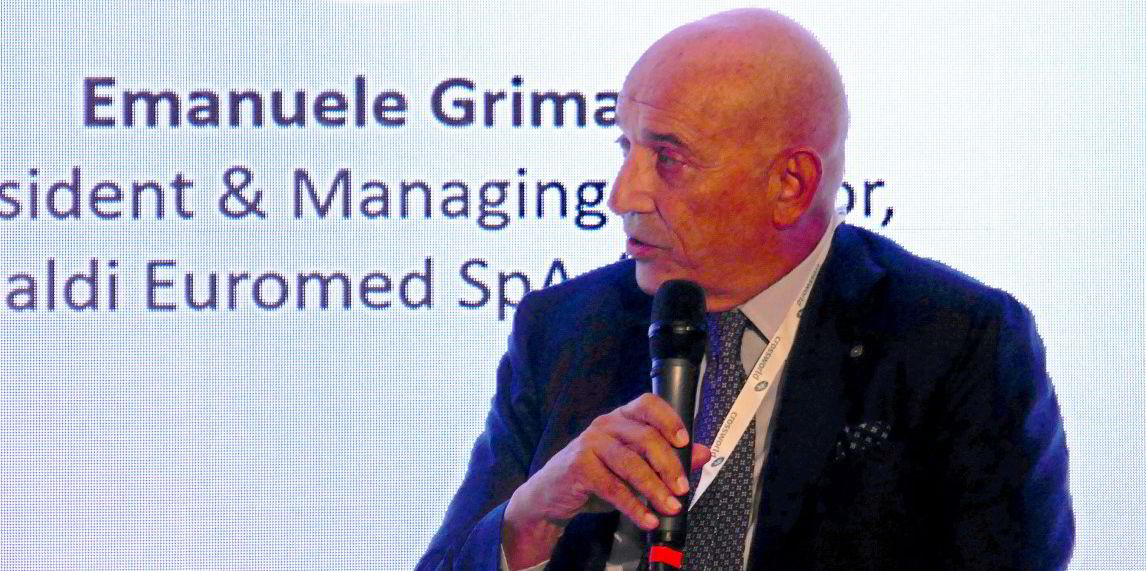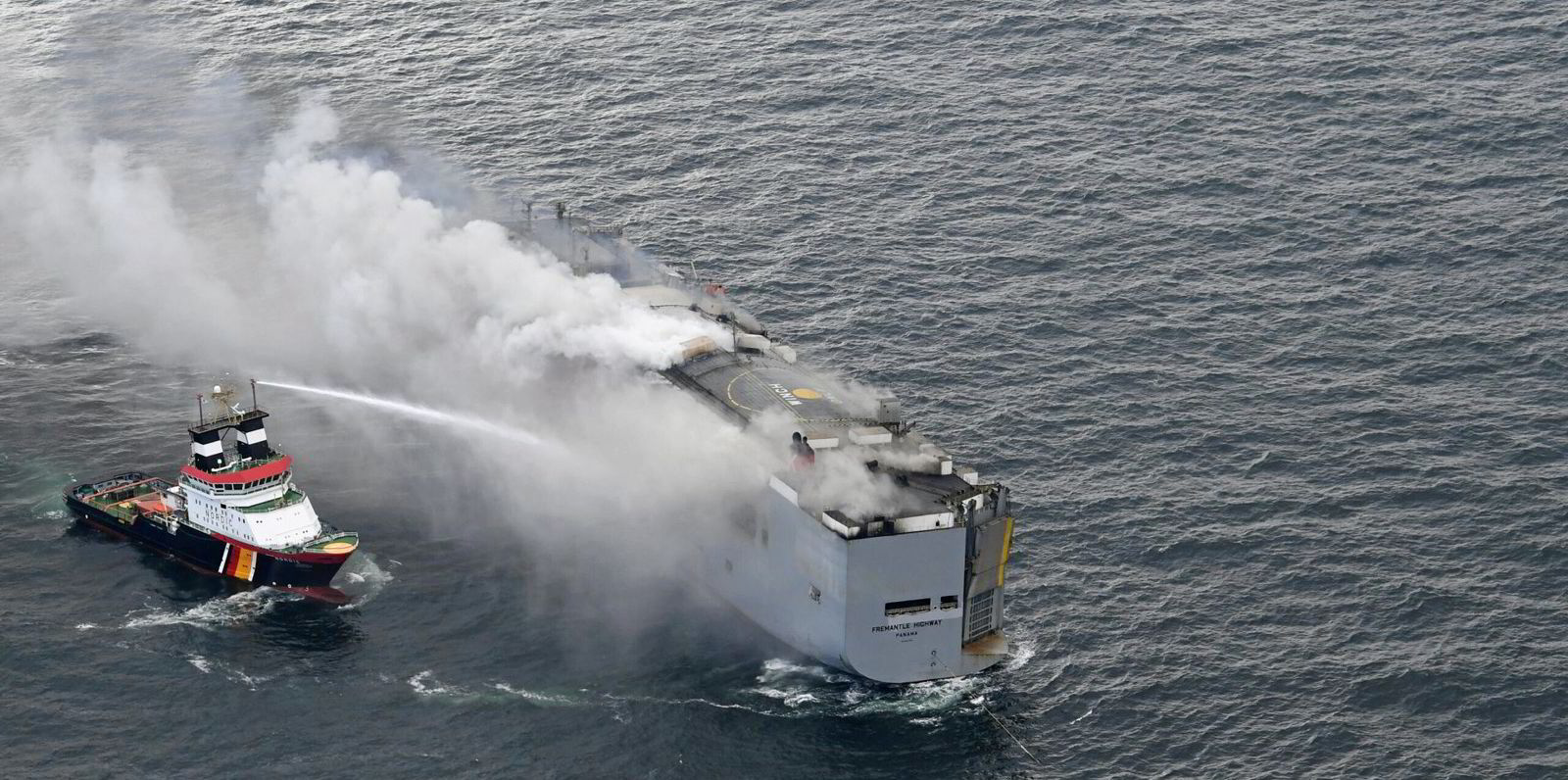The Chinese automotive exports helping to drive strong car carrier rates are showing no signs of slowing, even as a potential European Union crackdown and large orderbook loom.
Citing the China Passenger Car Association (CPCA) monthly report from September, ABG Sundal Collier analyst Petter Haugen said exports hit 357,000 units, up 8% from August and 43% year over year, with so-called new energy vehicles — the CPCA’s term for electric cars and hybrids — about 25% of that share.
“To us, another all-time high speaks for itself,” Haugen said in a note published on Wednesday.
“China, the by far largest car producer in the world, is now producing cars with quality at par with its Western competitors at a lower cost.”
According to statistics compiled by ABG Sundal Collier and the CPCA, every month saw year-over-year growth in Chinese exports, both overall and for new energy vehicles.
Most of those come from what the CPCA calls “self-owned” brands, such as BYD, whose exports hit 28,000 units in September and which make up the largest share of domestic-owned automakers.
Haugen and other market observers have raised concerns about the orderbook and the anti-subsidy investigation launched by the EU into the Chinese electric vehicle market last month.
The orderbook stands at 166 pure car carriers, good for 31.4% of the fleet, according to statistics from Clarksons.
The EU, meanwhile, believes subsidies have helped Chinese imports undercut European-made electric vehicles by about 20%, according to a report from the Financial Times.
The newspaper said if the nine-month investigation finds domestic producers have been harmed, the bloc could impose tariffs as high as 15%.
The CPCA has expressed concern over the probe.
“The current anti-subsidy investigation by the EU has released a signal that exports are under pressure, which may not be conducive to the continued growth of China’s automobile exports,” it said, according to a translation included in Haugen’s note.
On the orderbook, Haugen believes the growth is still not enough to keep pace with the current “60% to 70% growth”.
“So, while growth in Chinese exports will obviously decline into 24-25 [per cent], we reiterate our expectation that the current [pure car carrier] orderbook is insufficient to put this market into a state of oversupply,” he said.
His comments echo those of Gram Car Carriers chief executive Georg Whist last week at a Marine Money event in Singapore, where he said the Asian market is undersupplied by 40 vessels, pushing some exporters to transport vehicles on bulkers.
He said the company had booked $575m worth of contracts in the past year.
Oslo-listed rival Hoegh Autoliners continues to report strong earnings as well.
The company recorded average prorated gross freight rates of $94.20 per cbm in September, with average prorated net freight rates at $80.50 per cbm.
Both figures were higher than the previous two quarters.





